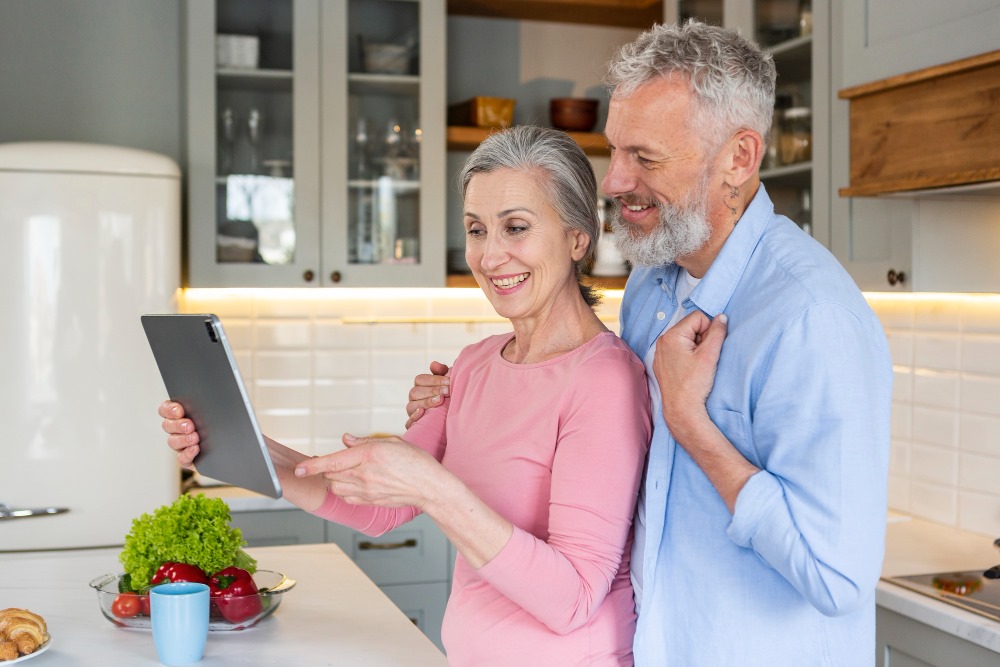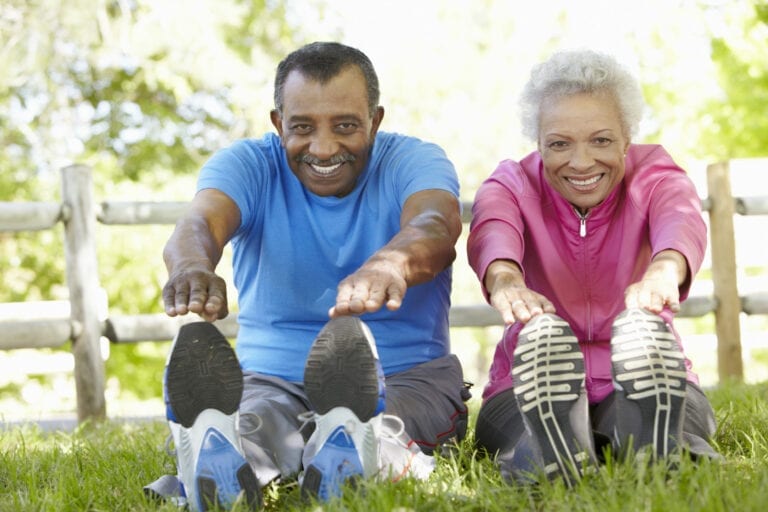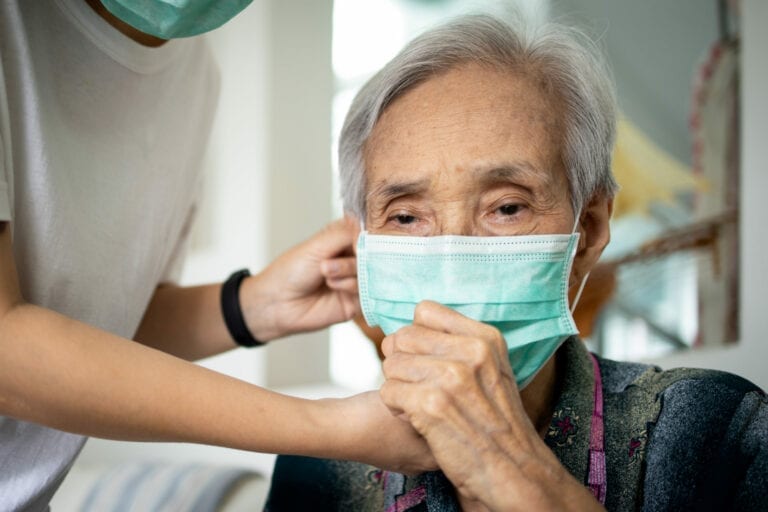Home security is a critical aspect of ensuring the well-being of seniors, especially those under the care of From The Heart Home Care. As seniors age, their safety becomes paramount, and it’s crucial to address potential risks within their living environment. This comprehensive guide offers insights and tips to create a secure and supportive home for seniors.
Table of Contents
- Importance of Home Security for Seniors
- Assessing Home Vulnerabilities
- Lighting and Visibility
- Technology in Home Security
- Securing Doors and Windows
- Home Security Systems
- Emergency Preparedness
- In-Home Assistance
- Building a Support Network
- Medication Management
- Online Safety for Seniors
- Fire Safety
- Fall Prevention
- Personal Alarms and Wearable Devices
- Safe Outdoor Spaces
- Scam Awareness
- Mental Health and Well-being
- Financial Security
- Legal Considerations
- Creating a Safe Bedroom
- Home Modifications for Seniors
- Social Engagement
- Disaster Preparedness
- Community Resources
- Conclusion
Importance of Home Security for Seniors
As individuals age, they may become more vulnerable to various risks, making home security a top priority. Understanding these risks is the first step in creating a safe living space for seniors.
Understanding the Risks
Seniors are often targets for burglary and scams, emphasizing the need for a secure home environment. Assessing and addressing potential vulnerabilities is key to ensuring their safety.
Assessing Home Vulnerabilities
Identifying potential entry points is crucial in fortifying the home against intruders. Conducting a thorough assessment allows for targeted security measures.
Identifying Potential Entry Points
Inspect doors, windows, and other access points for weaknesses. Reinforce these areas with sturdy locks and additional security measures.
Learn More: Home safety for seniors with mobility issues
Lighting and Visibility
Enhancing home illumination is a simple yet effective way to deter intruders and improve overall safety.
Enhancing Home Illumination
Install motion-activated lights in entryways and pathways. Adequate lighting not only discourages trespassers but also minimizes the risk of accidental falls.
Technology in Home Security
The integration of smart devices can significantly enhance home security for seniors, providing real-time monitoring and alerts.
Smart Devices for a Safer Home
Consider installing smart doorbell cameras, security cameras, and alarms. These devices offer remote access, allowing caregivers to monitor the home’s security.
Securing Doors and Windows
Reinforcing entry points is a fundamental step in preventing unauthorized access.
Reinforcing Entry Points
Install deadbolt locks on doors, reinforce door frames, and consider window security film. These measures add layers of protection to the home.
Home Security Systems
Choosing the right security system is crucial for comprehensive protection.
Choosing the Right Security System
Opt for security systems that include 24/7 monitoring, emergency response, and customizable features to meet the specific needs of seniors.
Learn More: Digital Safety for Seniors
Emergency Preparedness
Creating a safety plan is essential for seniors to respond effectively in case of emergencies.
Creating a Safety Plan
Develop an emergency kit, establish evacuation routes, and ensure seniors are familiar with emergency procedures. Regular drills can reinforce preparedness.
In-Home Assistance
The role of caregivers in maintaining home security is significant, ensuring seniors receive the support they need.
The Role of Caregivers
Caregivers play a vital role in implementing security measures, monitoring the home, and providing assistance in times of need.
Building a Support Network
Involving family and neighbors creates a supportive community that enhances overall security.
Involving Family and Neighbors
Keep open lines of communication with neighbors and establish a network that can provide assistance or alerts in case of emergencies.
Medication Management
Ensuring medication safety is crucial for seniors’ health and well-being.
Ensuring Medication Safety
Implement a system for organizing and dispensing medications, and educate seniors on the importance of medication adherence.
Online Safety for Seniors
Protecting against cyber threats is essential in this digital age.
Protecting Against Cyber Threats
Educate seniors about online scams, phishing, and identity theft. Install reliable antivirus software and update devices regularly.
Fire Safety
Preventing and responding to fires is a critical aspect of home security.
Preventing and Responding to Fires
Install smoke detectors, create fire escape plans, and conduct regular fire drills. Ensure seniors know how to use fire extinguishers.
Fall Prevention
Minimizing the risks of accidental falls is essential for seniors’ safety.
Minimizing Risks of Accidental Falls
Remove tripping hazards, install handrails, and consider mobility aids. Regular exercise can also improve balance and coordination.
Personal Alarms and Wearable Devices
Immediate alerts can make a significant difference in emergencies.
Immediate Alerts for Seniors
Equip seniors with personal alarms and wearable devices that can quickly summon help in case of falls or other emergencies.
Safe Outdoor Spaces
Enjoying the outdoors safely contributes to seniors’ well-being.
Tips for Safe Outdoor Activities
Ensure outdoor spaces are well-lit and secure. Seniors should be accompanied during walks, and precautions should be taken for varying weather conditions.
Scam Awareness
Recognizing and avoiding scams is crucial for protecting seniors from financial exploitation.
Identifying Common Scams
Educate seniors about common scams targeting the elderly, such as fraudulent calls, emails, and door-to-door schemes.
Mental Health and Well-being
Promoting emotional wellness is an integral part of home security for seniors.
Strategies for Emotional Well-being
Encourage social engagement, hobbies, and activities that bring joy. Regular check-ins and emotional support contribute to overall well-being.
Financial Security
Safeguarding against financial exploitation is vital for seniors’ financial well-being.
Preventing Financial Exploitation
Monitor financial accounts, set up fraud alerts, and educate seniors on safe financial practices.
Legal Considerations
Establishing power of attorney ensures legal decisions align with seniors’ wishes.
Establishing Power of Attorney
Work with legal professionals to establish power of attorney, enabling designated individuals to make legal decisions on behalf of seniors.
Creating a Safe Bedroom
Optimal sleep environment contributes to seniors’ overall health and security.
Tips for a Safe Bedroom
Ensure bedroom lighting is easily accessible, and the bed is at a comfortable height. Install nightlights for easy navigation at night.
Home Modifications for Seniors
Adapting living spaces for comfort and safety is essential.
Adapting Spaces for Comfort and Safety
Consider installing grab bars in bathrooms, ramps for accessibility, and non-slip flooring to prevent accidents.
Social Engagement
Combatting social isolation is crucial for seniors’ mental and emotional well-being.
Strategies for Social Engagement
Encourage participation in community activities, clubs, or social groups. Virtual gatherings can also provide a sense of connection.
Disaster Preparedness
Planning for natural disasters ensures seniors are prepared for unexpected events.
Tips for Disaster Preparedness
Create a disaster kit, establish communication plans, and stay informed about local emergency protocols.
Community Resources
Tapping into local support services enhances the overall security and well-being of seniors.
Accessing Local Support
Explore community resources, such as senior centers, support groups, and outreach programs. These services provide valuable assistance and companionship.
Conclusion
Creating a safe and secure home for seniors requires a multifaceted approach, addressing physical, technological, and emotional aspects. From The Heart Home Care recognizes the importance of these measures in providing comprehensive care for seniors. By implementing these home security tips, seniors can enjoy a safe and supportive living environment.







